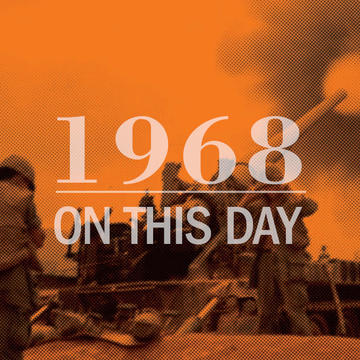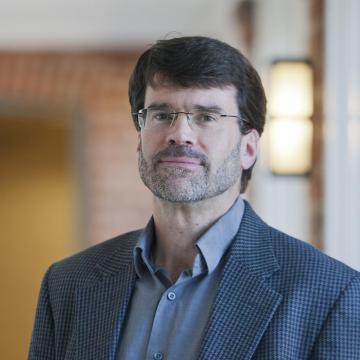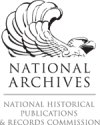April 1968
President Johnson faces another crisis when America is rocked by the assassination of Dr. Martin Luther King Jr.
April 4
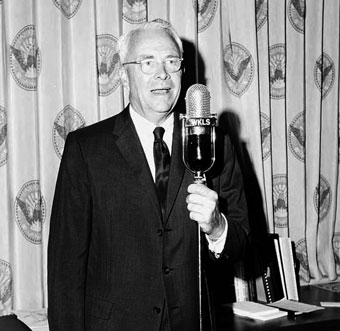
On the night of Martin Luther King Jr.’s assassination, President Johnson recorded only one telephone conversation, with Atlanta Mayor Ivan E. Allen Jr. The mayor reported that he had been with Coretta Scott King when she received the news that her husband had died of his wounds. The two discussed what would become the most pressing concern for the president in the days that followed: the upsurge of violent unrest in numerous American cities.
Tape: WH6804-01-12812-12908, Lyndon Johnson and Ivan E. Allen Jr.
TRANSCRIPT

Allen: I want to thank you for your very fine statement that you made so promptly, sir.
President Johnson: Thank you, Mayor.
Allen: We're doing everything we can. We have a very heavy rainstorm here in Atlanta. It's preventing any disorder at the present time. We've been through these situations before. And I think we can cope with them. I'll do everything I can to hold the house in order here, sir. President Johnson: Well, you're mighty, mighty good, and I have great confidence in you, and I know that [coughs] you're right on top of it. I called Mrs. [Coretta Scott] King and—
Allen: I was with Mrs. King when you called.
President Johnson: Well, I—
Allen: I accompanied her to the airport, where we heard of Dr. [Martin Luther] King [Jr.]’s death, and then went home with her. And Mrs. [Louise Richardson] Allen was with me, and we've done everything we possibly could, sir. Martin was my close personal friend. I had great respect and admiration for him, sir.
President Johnson: Uh-huh. Well, you've done a—you done a great job there, and I hope you'll let me know anything—any suggestions you have. [Allen acknowledges throughout.] We had a little problem in Durham, [North Carolina], and we have one here in Washington, [D.C.]. They're moving around. We don't know the extent of it, don't know how serious it's going to be, but they have 2[000] or 3,000 people gathered.
Allen: Yes, sir.
[Recording and annotated transcript of this complete call]
April 6
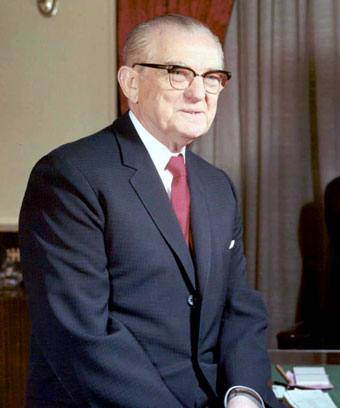
Violent uprisings spread through American cities two days after Martin Luther King Jr.’s assassination, and President Johnson attempted to reach Mississippi Senator John C. Stennis [D–MS]. In a remarkable exchange, the segregationist senator indicated that he had been unreachable because he had been out on the streets of Washington, “just to get the feel of things” as violence roiled only blocks away from the U.S. Capitol.
Tape: WH6804-01-12909, Lyndon Johnson and John C. Stennis
TRANSCRIPT
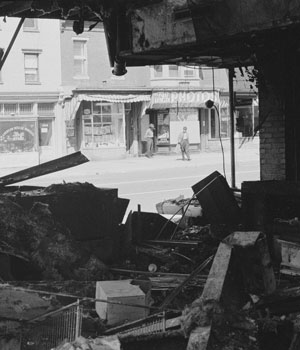
President Johnson: By God, you're a hard man to find.
Stennis: Oh, well—
President Johnson: Have to get the FBI [Federal Bureau of Investigation] after you.
Stennis: Yeah, I took a little trip through town [Washington, D.C.] down there. Just to get the feel of things. [President Johnson acknowledges.] God bless you in all your efforts everywhere. I wrote you a note.
President Johnson: Where are you?
Stennis: I'm at my office.
President Johnson: Would you—
Stennis: I'm here alone.
President Johnson: Would you mind riding down here and visiting with me a little bit with General [William C.] Westmoreland?
Stennis: Oh, I'd be delighted to, of course.
[Recording and annotated transcript of this complete call]
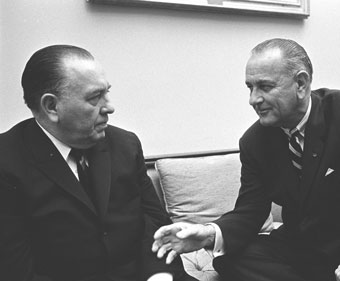
Late in the afternoon of April 6, Chicago Mayor Richard J. "Dick" Daley called the president to ask that federal troops be sent to his city. Although 6,000 Illinois National Guardsmen had been in Chicago since the previous day, they could no longer contain the situation. Johnson agreed, and the two discussed the process for implementing such a request. Illinois Governor Otto Kerner was out of the state, so Lieutenant Governor Samuel H. Shapiro would have to make the official request for troops. The president worried about negative press coverage of the uprisings, particularly in Washington, DC.
